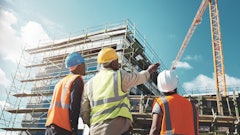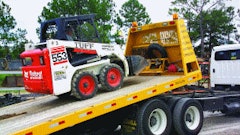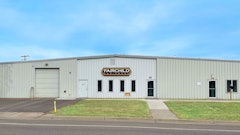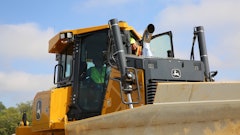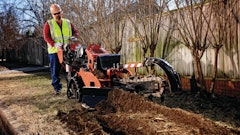
For the past six months or so, I have had my “rental” hat or my “tax” hat on. But I haven’t forgotten that dealers still have a lot to offer to customers, especially in this market where they have to outsell the competition.
I also realize while rental as a form of utilizing equipment is on the rise, there are still many reasons for contractors to purchase new and used equipment — keeping in mind, of course, that getting financing for new equipment may still be a problem, and many contractors are still not comfortable taking on a fixed payment obligation.
Assuming you’re one of the contractors leaning toward an equipment purchase, a decision has to be made regarding who to buy it from — a dealer, a rental company, at auction, online or from another contractor. Contractors with a fully qualified service team may be inclined to buy from the auction or online, whereas contractors without qualified techs on hand may be better off buying from a dealer or rental company.
Upside of Buying From Dealers
I’m going to make the statement that, in today’s crazy environment, there are probably more reasons to buy from a dealer than the other sources. Contractors do not have the time or capital to waste on equipment issues that could be handled by a dealer in the normal course of business. When “time is money,” as it is with most construction jobs, having a relationship with a dealer could make the difference between a profitable job and a loser.
Here is what I believe to be available from most well-run, profitable dealer operations:
- New and used equipment to meet your needs: If they don’t have it, they will get it for you.
- Market trade-in values: They should be able to back up any trade-in number they quote.
- Financing options: Many dealers offer outright purchase or lease financing that is quite competitive for new equipment, as well as financing options for used equipment.
- Rental equipment: Rental equipment is available when you need equipment for a short term or your purchased unit is in for service.
- Product support: Dealers offer product support both locally and in the field. This includes parts, service and maintenance contracts. It can also include insurance and extended warranty programs.
- Tax options: Your dealer will explain the income tax options related to both new and used equipment purchases. You will obviously have to check the findings with your tax accountant, but in most cases there are benefits available for you.
- Logistics support: With contractors “spreading out“ to get more work, there may be a need to move equipment or get product support from a local dealer. Dealers can normally help you work something out or make arrangements with their local representation in the town where you are working.
In-house vs. Dealer Service
There may have been a time when it paid to do equipment maintenance internally. However, with margins so tight, contractors have to convert every moment into a billable, profitable hour. Spending time running around to find parts and to maintain or repair equipment may not be cost effective when you really calculate the cost to do the work in house.
In past articles, I have made the comment that, given the cost and complexity of the new equipment hitting the market, the time utilization to justify owning vs. renting would be a push. The same theory can be applied to techs and your internal service department, which in some way supports what I am saying about the time utilization. In short, if you are running lean and mean, you may be better off letting the dealer help you work out a plan where you spend most of your time doing preventive maintenance internally and leave the rest to them.
Dealers are still a valuable component in your financial circle. There are a lot of ways they can help. Do your homework and be prepared to discuss potential purchases or maintenance work with the dealer, and try to put together a measurable trial program to see how it works. In the end, contractors may find out dealers make them more profitable.
If you wish to investigate this dealer option further, take some time to calculate your fixed costs for equipment, space and personnel and analyze how dealer services could reduce fixed costs. If the fixed cost reduction is worth more than the dealer services cost, it is worth the effort to give the new arrangement a try. You can also compile the results in terms of time and parts cost and compare that to the dealer estimate, as well. You may find dealer personnel get the work done more efficiently, leaving your personnel available to do more profitable work on the jobsite.







